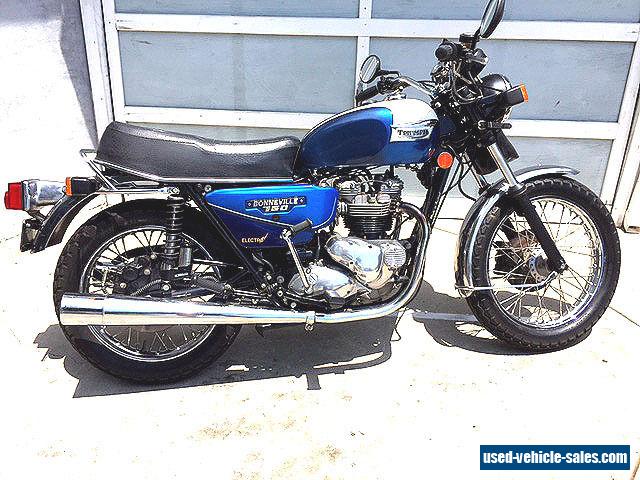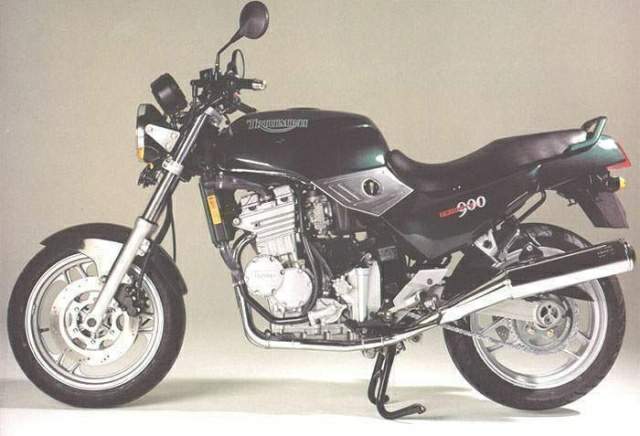The challenge is to save the British Motorcycle Industry from its post-war decline and fall, so it at least remains a competitive player in the Motorcycle world.
From my limited understanding (need to acquire Bert Hopwood's and Steve Koerner's books on the subject), the common view is that the UK Motorcycle Industry's problems pretty much mirror the UK Car Industry's with bad management, subversive unions and lack of investment in new products / development and new production technologies. Yet could the UK Motorcycle Industry have survived by been encouraged to diversify into other related industries during the post-war period to better protect the industry in difficult times, such as via:
1) - War Reparations from either copying patents or possible asset-stripping of defeated nation's industries, to develop cars, improving existing motorcycles (somewhat similar to OTL), etc.
2) - A Light-Car equivalent of the 1944 Butler Act that anticipates a renewed interest in Microcars (then called Cyclecars) by a transport-starved public in the post-war period (while larger carmakers in OTL were made to focus on exports), which initially utilizes aluminum, fiberglass, etc largely avoiding the post-war steel rationing prior to quickly growing into the sub-Mini UK version of Japan's Kei Car class.
From my limited understanding (need to acquire Bert Hopwood's and Steve Koerner's books on the subject), the common view is that the UK Motorcycle Industry's problems pretty much mirror the UK Car Industry's with bad management, subversive unions and lack of investment in new products / development and new production technologies. Yet could the UK Motorcycle Industry have survived by been encouraged to diversify into other related industries during the post-war period to better protect the industry in difficult times, such as via:
1) - War Reparations from either copying patents or possible asset-stripping of defeated nation's industries, to develop cars, improving existing motorcycles (somewhat similar to OTL), etc.
2) - A Light-Car equivalent of the 1944 Butler Act that anticipates a renewed interest in Microcars (then called Cyclecars) by a transport-starved public in the post-war period (while larger carmakers in OTL were made to focus on exports), which initially utilizes aluminum, fiberglass, etc largely avoiding the post-war steel rationing prior to quickly growing into the sub-Mini UK version of Japan's Kei Car class.

